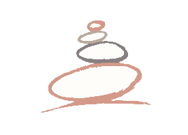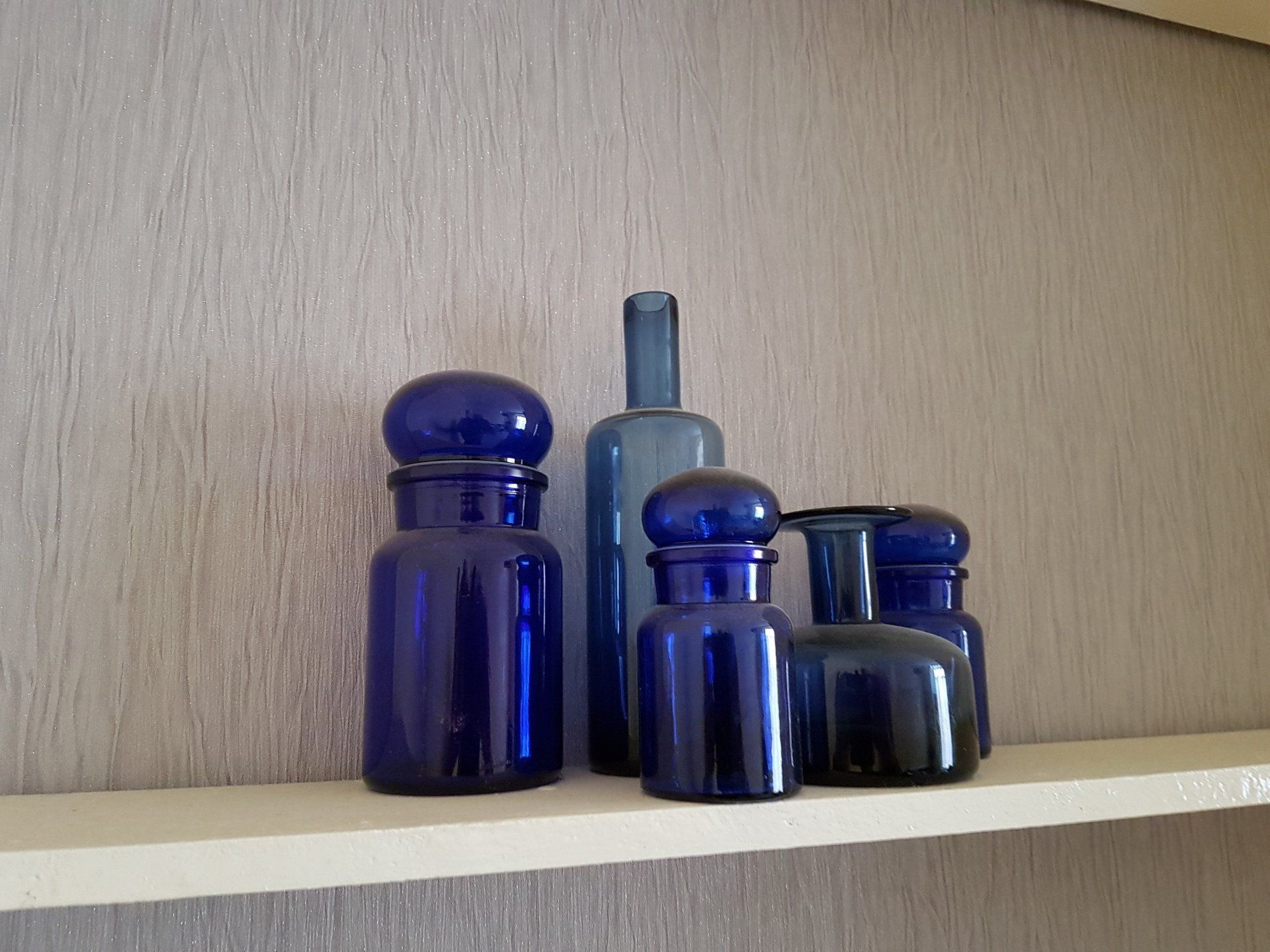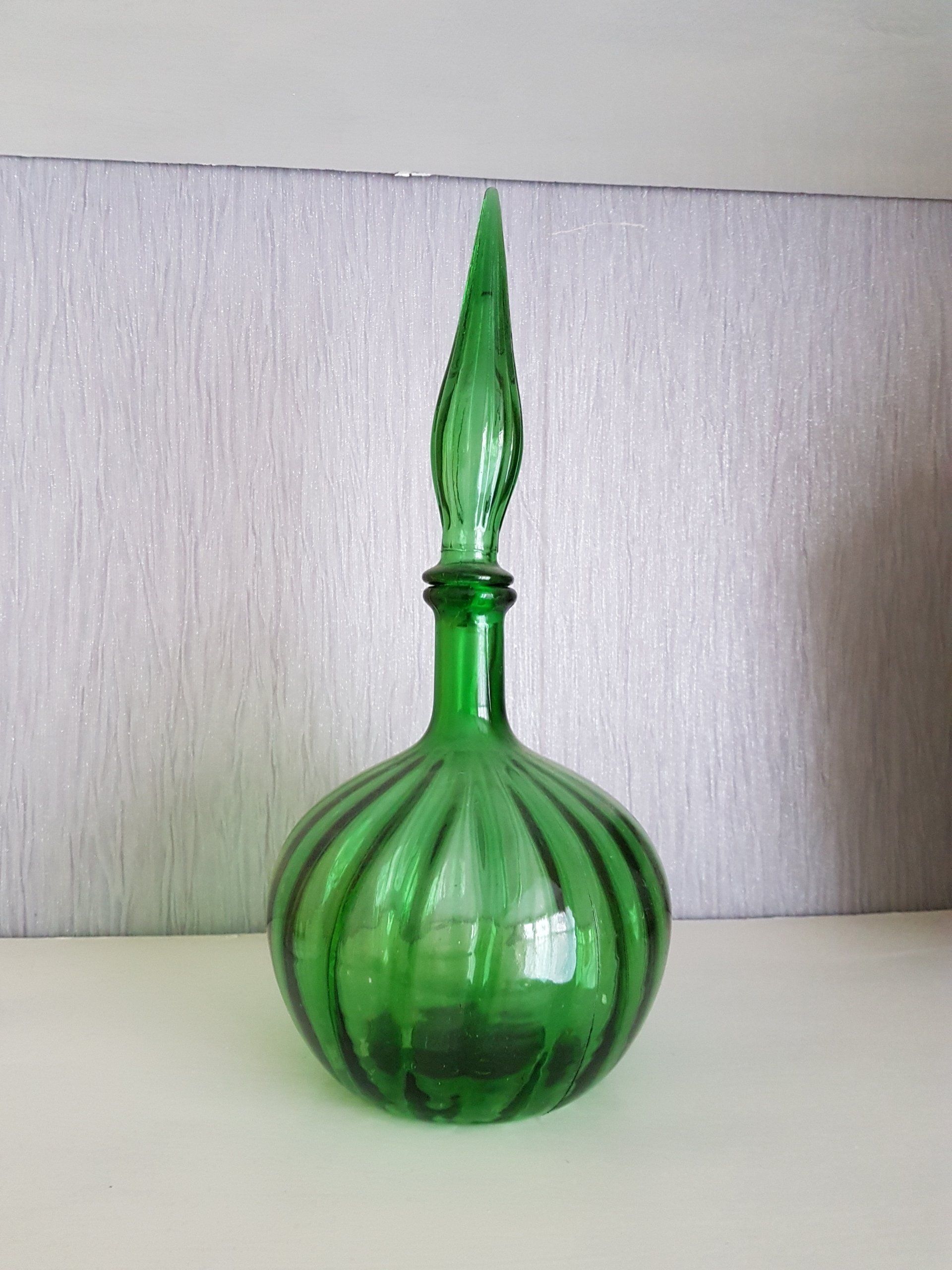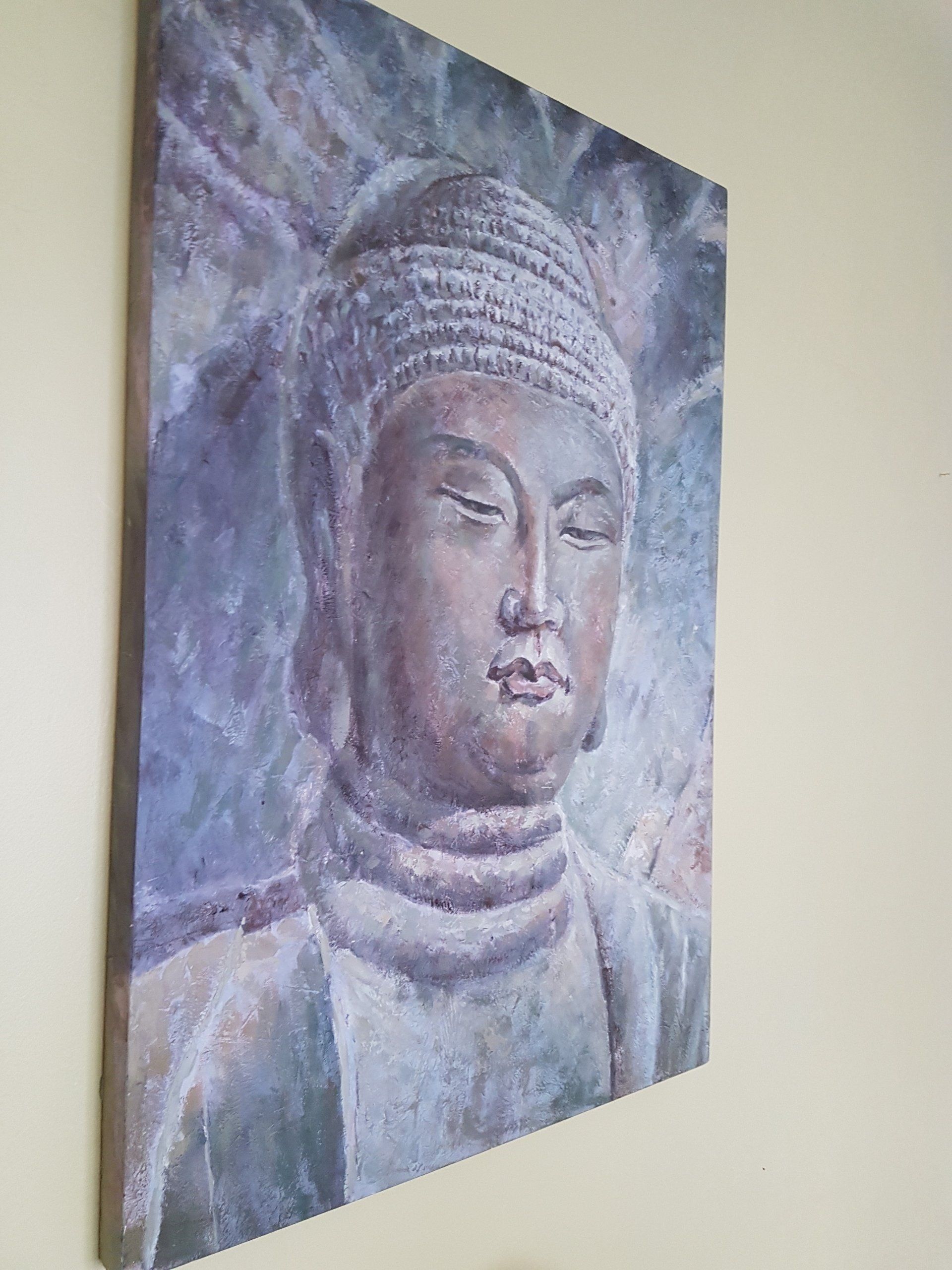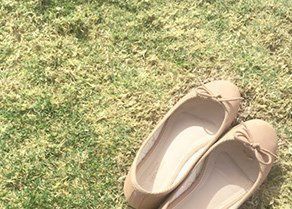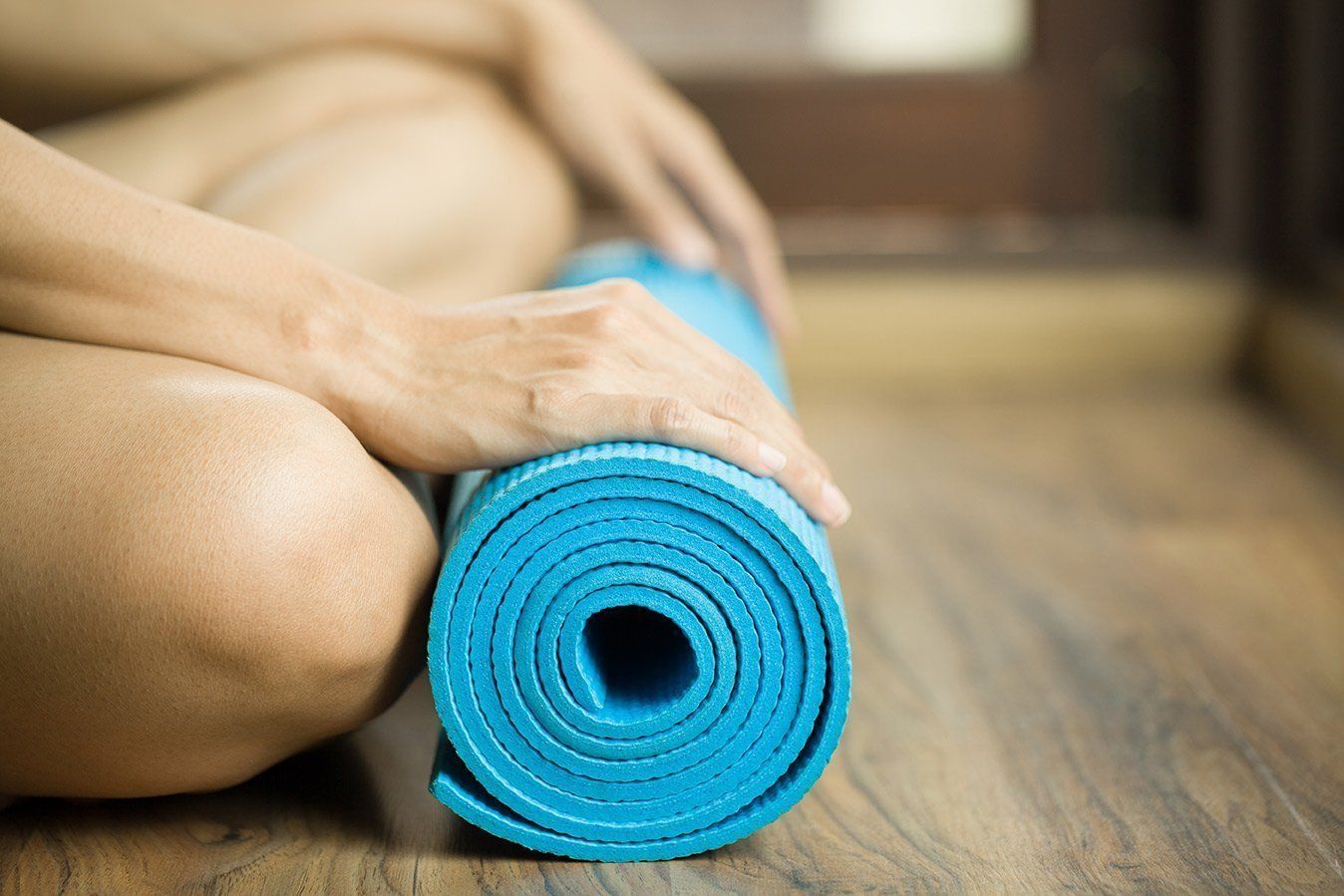Shopping Addiction
If you would like to discuss your requirements further telephone
( 44) 08454670612 or
( 44) 07593809574 or
email us
Shopping addiction is a condition in which an individual suffers from a compulsion to buy things. Compulsive shopping and spending is often described as a pattern of chronic, repetitive purchasing that becomes difficult to stop and ultimately results in harmful consequences. Shopping addiction does not currently have a separate diagnosis in the Diagnostic and Statistical Manual of Mental Disorders, but it is considered an impulse control disorder and has features similar to other addictive disorders without involving the use of an intoxicating drug.
Shopping Addiction Statistics
About 6% of women and 5.5% of men are compulsive buyers, according to a 2006 study from Stanford University in the American Journal of Psychiatry. A survey done by creditdonkey.com found that:
31.7 percent of respondents said they “almost always” or “frequently” purchase things just because they’re on sale.Nearly 11 percent of those polled said they frequently shop to improve their mood.47.4 percent said they experience a rush of excitement when they go shopping.18.5 percent said they have frequent arguments over money.
While many people shop beyond their means and buy things that they don’t need, a compulsive buyer will lose control over their shopping, and this addiction will greatly impact the rest of their life. They will suffer not only financial consequences from shopping, but also relationship problems, emotional issues, and their commitments and responsibilities may also suffer. Shopping addiction can easily lead to hoarding, as the person begins to acquire more things than they physically have room for. Other compulsive shoppers suffer from addictions like drug addiction and alcoholism, or from other mental health conditions.
Symptoms of Shopping Addiction
Individuals that suffer from compulsive shopping often use their shopping to meet a need. They may shop to reduce stress, to improve their mood, or to forget about their problems. For compulsive buyers, shopping gives them a feeling of euphoria and a rush of positive emotions, much like a drug addict feels when he or she gets high. Just like a drug addict, a shopaholic cannot stop their activity simply by trying hard enough.
Compulsive shoppers often feel the need to buy things because it helps them feel in control. Someone who has suffered emotional trauma in the past, or who experienced chaos in their life, or who feels powerless because of a bad relationship may turn to shopping to gain control.
The American Psychiatric Association has developed a list of symptoms associated with shopping addiction that individuals can use to help determine if they have a compulsive shopping disorder. Individuals that experience more than 4 of the following may have a shopping addiction and should consider getting professional help:
Shopping or spending money as result of feeling disappointed, angry, or scaredShopping or spending habits causing emotional distress in one’s lifeHaving arguments with others about one’s shopping or spending habitsFeeling lost without credit cardsBuying items on credit that would not be bought with cashFeeling a rush of euphoria and anxiety when spending moneyFeeling guilty, ashamed, embarrassed, or confused after shopping or spending moneyLying to others about purchases made or how much money was spentThinking excessively about moneySpending a lot of time juggling accounts or bills to accommodate spending
31.7 percent of respondents said they “almost always” or “frequently” purchase things just because they’re on sale.Nearly 11 percent of those polled said they frequently shop to improve their mood.47.4 percent said they experience a rush of excitement when they go shopping.18.5 percent said they have frequent arguments over money.
While many people shop beyond their means and buy things that they don’t need, a compulsive buyer will lose control over their shopping, and this addiction will greatly impact the rest of their life. They will suffer not only financial consequences from shopping, but also relationship problems, emotional issues, and their commitments and responsibilities may also suffer. Shopping addiction can easily lead to hoarding, as the person begins to acquire more things than they physically have room for. Other compulsive shoppers suffer from addictions like drug addiction and alcoholism, or from other mental health conditions.
Symptoms of Shopping Addiction
Individuals that suffer from compulsive shopping often use their shopping to meet a need. They may shop to reduce stress, to improve their mood, or to forget about their problems. For compulsive buyers, shopping gives them a feeling of euphoria and a rush of positive emotions, much like a drug addict feels when he or she gets high. Just like a drug addict, a shopaholic cannot stop their activity simply by trying hard enough.
Compulsive shoppers often feel the need to buy things because it helps them feel in control. Someone who has suffered emotional trauma in the past, or who experienced chaos in their life, or who feels powerless because of a bad relationship may turn to shopping to gain control.
The American Psychiatric Association has developed a list of symptoms associated with shopping addiction that individuals can use to help determine if they have a compulsive shopping disorder. Individuals that experience more than 4 of the following may have a shopping addiction and should consider getting professional help:
Shopping or spending money as result of feeling disappointed, angry, or scaredShopping or spending habits causing emotional distress in one’s lifeHaving arguments with others about one’s shopping or spending habitsFeeling lost without credit cardsBuying items on credit that would not be bought with cashFeeling a rush of euphoria and anxiety when spending moneyFeeling guilty, ashamed, embarrassed, or confused after shopping or spending moneyLying to others about purchases made or how much money was spentThinking excessively about moneySpending a lot of time juggling accounts or bills to accommodate spending
Treatment for Shopping Addiction
Compulsive shopping often requires professional treatment in the form of therapy and behaviour modification techniques to overcome. The individual suffering with a shopping addiction must first of all address the underlying reasons for their compulsive shopping, and then work to manage triggers to shop. Many individuals in recovery also go through financial courses and are encouraged to monitor all their purchases, pay only cash for items, and create a strict budget.
At Tower Counselling you can receive an individual recovery programme at all four of our treatment centres. For more information telephone us on ( 44) 08454670612 or ( 44) 07593809574 or email us
At Tower Counselling you can receive an individual recovery programme at all four of our treatment centres. For more information telephone us on ( 44) 08454670612 or ( 44) 07593809574 or email us




